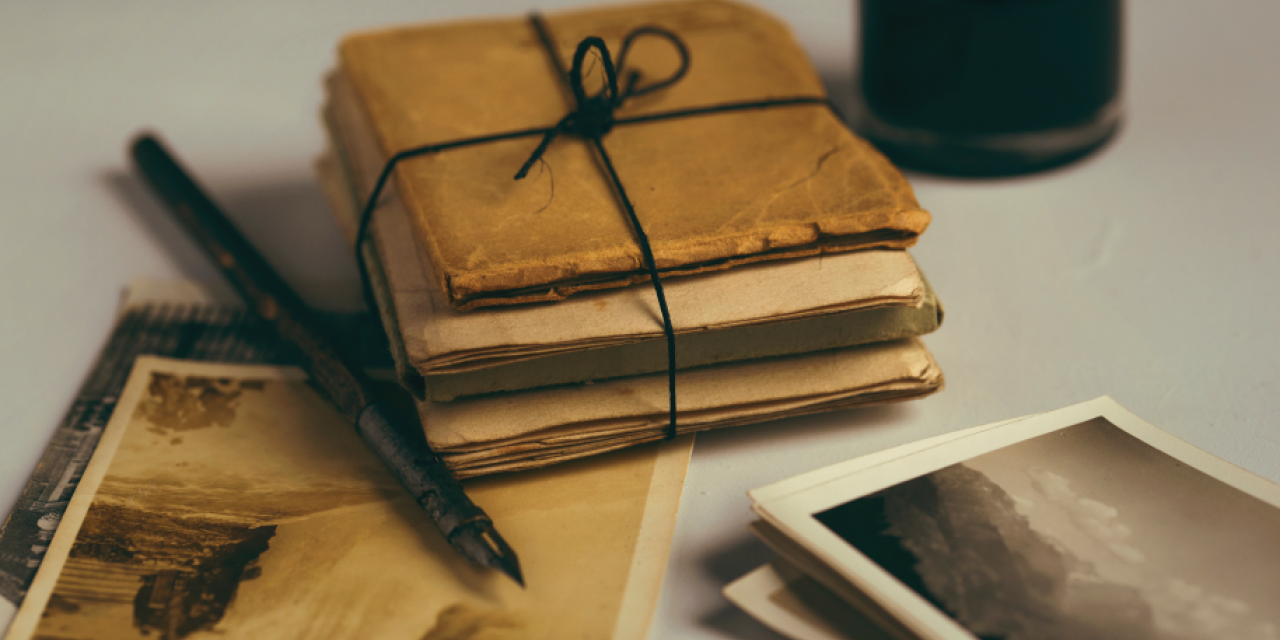Daniella Wurst, PhD Candidate in Latin American and Iberian Cultures

What drew you to your subject or discipline?
Coming from Peru, a country that experienced a twenty-year civil armed conflict from 1980 to 2000, I have always been drawn to the question of memory and how a nation and the individual remember the past. Looking back on my experience of growing up during this period of political turmoil, I noticed the overlapping layers of my own memory: the way memories of childhood could be juxtaposed with memories of a turbulent time in national history. As a literary scholar, I became interested in the fruitful dialogue between personal and collective memory, and in the artistic representations and narratives that were born from such encounters. In the field of memory studies, I found an expansive and interdisciplinary platform where I could put visual and literary analysis in conversation with different disciplines: photography criticism, feminist scholarship, queer theory, and philosophical debates regarding history and temporality.
Explain your research in fewer than 500 words.
I trace the relationship between memory (both individual and collective), temporality, and aesthetic interventions in Latin American countries with a history of political and state violence—specifically Chile, Argentina, and Peru. Using a comparative framework, I put into dialogue how cultural memory representations can reveal a host of economic, cultural, and political tensions in the present. For this, I take into consideration what Andreas Huyssen has called the “memory boom”: the implosion of a global and contemporary obsession with the return to the past, and the subsequent creation of a memory industry that caters to the demands of this new market. In Tourist of History (2007), Marita Sturken argues that the imposition of a memory market runs the risk of producing a superficial relationship between the citizen and his or her national history. She describes this relationship as a particular mode in which the public is encouraged to experience history through consumerism, popular culture, souvenirs, and forms of tourism (museums, horror tourism, and architectural reenactments of the past). The experiencing of history through consumerism can lead to citizen disengagement and to a foreclosure of political engagement.
In my research, I explore how cultural memory objects are inscribed in, respond to, or resist specific demands, whether from institutionalized cultural imperatives or the market demands of consumerism. I am particularly interested in how the visual language and literature in Argentina, Chile, and Peru can challenge both market imperatives that turn memory into a commodity, and also official discourses of memory, particularly those written by the truth commissions tasked with revealing past state wrongdoing in the hope of resolving conflict during the transition to democracy. I contend that though official truth commission reports sincerely reject amnesia and strive for reconciliation, these historical narratives adopt a chronological linear temporality that provides an artificial closure and settles the past into an informative, insular, cautionary tale. By pacifying the troublesome force of memory into a narrative that promises the healing of a newly reconciled nation, these state-sponsored narratives fail to take into account the porous boundaries of time: the way the past persists into the present through economic policies and unresolved political and social tensions.
I explore artistic work—contemporary photographic projects, documentaries, visual and literary narratives—that are out of sync with the imperatives of the memory market or with state-sponsored narratives that promote a superficial recognition of the past in order to achieve an equally superficial sense of national belonging. In order to think about the fruitful space that opens up between subjective and collective history, I turn to the concept of “postmemory” introduced by Marianne Hirsch, defined as the relationship the “generation after” bears to the personal, collective, and cultural trauma of the ones who came before. By examining postmemorial work that reimagines the past through investment, projection, and creation, I think about how the subjective experience in the transmission of memory can destabilize dominant (progressive, linear) arrangement of time as well as our own understanding of the past.
What impact do you hope your research will have?
I strongly believe that, now more than ever, our understanding of the past is crucial to our understanding of the present and of history. I hope that my research can bring forth new ways to enrich and intellectually contribute to the fields of both Latin American studies and memory studies. I am conscious of and grateful for the influence that the field of memory studies has had in recent Latin American scholarship. Yet I am wary of how often the theoretical frameworks of memory studies are blindly applied to historical contexts and cultural objects without taking into account the richness of their specificity and the way this specificity can be used to challenge and enrich these theoretical frameworks. My own research and involvement in the Cultural Memory University Seminar here at Columbia has been crucial in showing me how important emergent voices and diverse perspectives are to broadening the theoretical canon of the discipline of memory studies.
Thinking of the memory theoretical framework from the lens of Argentina, Chile, and Peru has made me strive to open a space of aperture that puts into dialogue the multiple ways that the memory work created in Latin America can produce a space of contention that can showcase the way memory can uncover and destabilize the historical accounts of the past as well as the idea of a stable collective and uncontested memory. I hope my research can move beyond the question of what memory practices reflect, and also address what they can disrupt and reveal as they intersect with universal contemporary memory paradigms.
